Salary of Chemistry Jobs: An In-Depth Overview
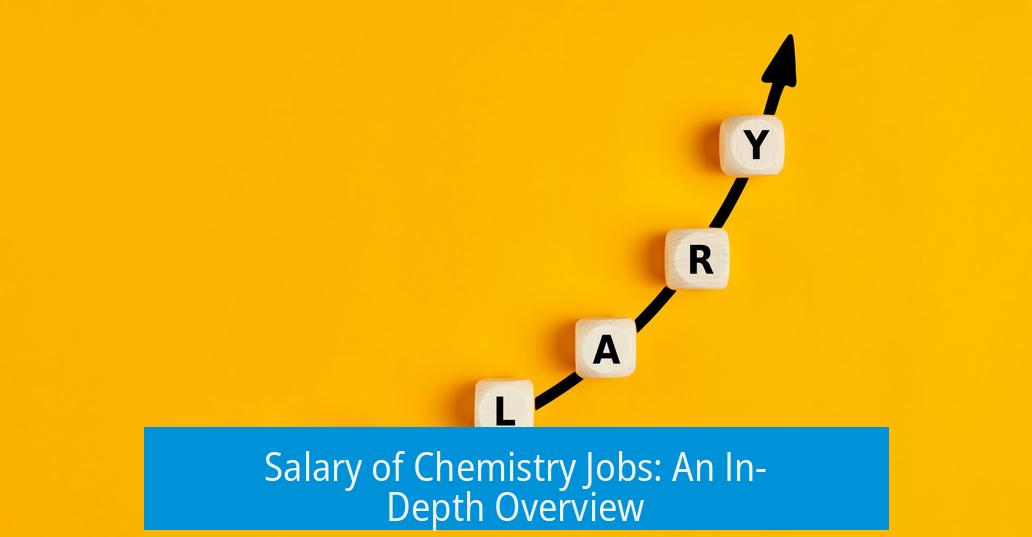
The salary of chemistry jobs varies widely depending on sector, location, degree level, and experience, with entry-level salaries often under $40,000 and senior positions reaching six figures, especially with a Ph.D. and specialized roles. Geographic differences and industry choice strongly influence earnings.
Key Factors Influencing Chemistry Salaries
The pay for chemistry jobs depends significantly on the sector, location, and the specific employer. In the United States, comparable roles can offer drastically different salaries based on geography.
- Urban areas typically pay more but come with higher living costs.
- Rural locations sometimes offer higher pay to attract talent despite smaller populations.
- Country-to-country salary differences are influenced by cost of living and visa policies.
For example, the U.S. offers some of the highest salaries globally for chemists, particularly in big pharmaceutical companies. Meanwhile, Canada’s salaries tend to be lower but still competitive within their market constraints.
Entry-Level Salaries and Early Career Growth

Fresh graduates typically earn between $37,000 and $48,000 annually, depending on the role and location. Early career salaries show a large range:
| Year/Age | Position | Location | Salary (USD) |
|---|---|---|---|
| 2018 / 22 | Contract Lab, Pharma | Central PA | $37,000 |
| 2019 / 23 | Quality Control Excipients | Southeast PA | $48,000 |
| 2021 / 25 | Pharma CDMO Analytical R&D | Northeast PA | $81,000 |
Entry-level lab technicians often receive hourly wages around $15 to $18. Salaries around $12 per hour are common in research fields outside major pharmaceutical hubs.
Early career pay growth heavily depends on job changes. For example, moving companies every two to three years can lead to salary jumps from $40,000 to $75,000 within a few years.
Mid-Level and Senior Chemistry Job Salaries
With 4 to 6 years of experience, chemists often reach salaries between $60,000 and $100,000. Those holding advanced degrees and working in pharmaceutical or biotech sectors can command much higher compensation.
- M.S. holders in medicinal chemistry may start near $77,000, reaching around $100,000 after a few years.
- Ph.D. chemists report starting salaries around $95,000, with growth to $160,000 in biotech hubs like Boston.
- Ph.D. analytical chemists often see starting salaries above $100,000, rising to $175,000 with experience.
In addition to base salary, many companies offer raises exceeding inflation and bonuses linked to performance and promotions. These incentives can substantially increase total compensation.
Impact of Advanced Degrees on Earnings

Advanced degrees greatly affect earning potential:
- A full Ph.D. with postdoctoral experience can facilitate starting salaries over $100,000, particularly in medicinal and process chemistry.
- Master’s degrees are less advantageous in the U.S. than Ph.D. programs, which often provide stipends and tuition waivers.
- Ph.D. holders often have access to higher-level roles, management positions, and specialized R&D jobs with better salaries.
However, obtaining a Ph.D. depends on academic capability and job market availability. Chemistry job openings for Ph.D. holders can be competitive despite better pay prospects.
Industry-Specific Salary Trends
Salaries fluctuate significantly across industries:
- Pharmaceutical Industry: Known for higher pay, especially with advanced degrees. Bachelor’s holders generally earn less unless promoted to managerial roles.
- Chemical Manufacturing: Offers decent starting salaries with opportunities for growth through experience and internal promotions.
- Environmental and Testing Labs: Provide stable jobs but tend to pay less compared to pharma and manufacturing.
- Private School Chemistry Teachers: Can achieve lucrative salaries, sometimes exceeding £50,000 after experience.
- Chemical Engineering: Often commands higher pay than pure chemistry roles, notably in the oil and energy sectors.
Job advancement often requires either job hopping or taking on more complex projects to justify salary increases. Routine lab work tends to offer lower pay and limited career growth.
General Market Observations and Advice
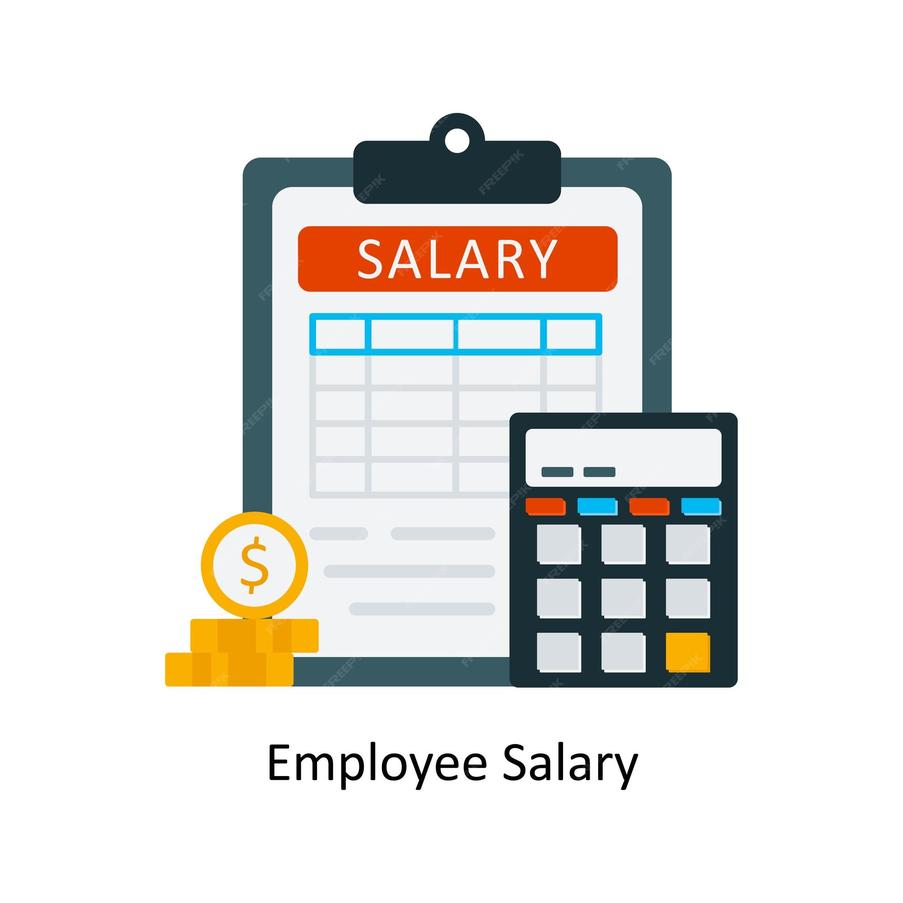
The chemistry job market can be challenging:
- Entry-level chemistry jobs can pay low wages ($12-$15/hr), despite STEM degree expectations.
- Companies typically grant small annual raises (1-5%), making promotions and job changes crucial for pay growth.
- Chemical engineering degrees generally lead to higher-paying roles than chemistry degrees.
- Planning career moves strategically by switching employers every 2-3 years helps improve salary trajectory.
Many chemists experience substantial salary growth over time, from modest beginnings to mid-five figure or six-figure incomes with experience and education.
Summary of Key Salary Insights for Chemistry Jobs
- Salary depends heavily on location, with urban centers paying more but having higher living costs.
- Entry-level chemists typically earn from $37,000 to $50,000, with some earning as low as $12/hr.
- Experienced chemists with advanced degrees often earn above $100,000, especially in pharma.
- Job hopping enhances salary growth faster than staying with one employer.
- Ph.D. holders have higher earning potential than those with bachelor’s or master’s degrees.
- Chemical engineering careers generally surpass pure chemistry salaries in compensation.
Ever Wondered About the Salary of Chemistry Jobs? Let’s Break It Down!
The salary of chemistry jobs depends heavily on factors like sector, location, and company. It’s the reality check no one tells you when you dream of mixing potions and discovering the next miracle drug. Chemistry pay isn’t a flat rate across the board—far from it. So, buckle up, because understanding the $$ behind the lab coat has a bit more complexity and surprise sprinkled in than your average periodic table.
Why does salary vary so wildly in chemistry?
Hundred percent, your pay depends on where and who you work for. Think of it as a “choose your adventure” story where the city you pick and the industry you jump into drastically reshape your paycheck. For instance, large U.S. metro areas usually dish out bigger salaries due to sky-high living costs.
Yet, that’s a double-edged sword—higher pay often comes with the price tag of soaring rent and daily expenses. Conversely, some companies nestle in rural or less populated spots offer surprisingly generous wages to attract qualified chemists willing to “go off the grid.” But, hey, can you picture trading city nightlife for crickets and silence?
Getting started: Entry-Level Salaries and What to Expect Early On
Let’s talk rookie numbers. Fresh out of college with a bachelor’s? You’re looking at something like $37,000 or roughly $18 an hour—true story, an early-career chemist in central Pennsylvania clocked that in 2018. Not bad but not exactly a gold mine either.
Fast forward a couple of years and a few job switches, and another chemist in Northeast PA pulled in over $81,000 in an Analytical R&D role by age 25. That’s the magic of hopping companies every 2-3 years. Sticking around too long at one place might mean babysitting an HPLC or GC at $15/hr, which feels more like chemistry daycare than breakthrough science.
Another nugget of wisdom: don’t get too cozy in your first gig. Plan strategically to hop ship within two years if possible, unless of course, you love that routine enough to make it an art form. It’s the fastest way to see meaningful salary bumps.
Mid-Level and Senior Roles: The Real Perks Kick In With Experience
Once you stack a few years and maybe snag an advanced degree, things brighten up considerably. Taking a stab at around $60K to $70K is common for mid-career chemists across many industries without a PhD. Lab management roles? They pull in even more.
For those toying with graduate school, the payoff can be significant—if you choose your field wisely. Medicinal chemistry with a master’s landed one chemist starting at $77K, swelling to nearly $100K in just four years. PhD holders can expect to start north of $95K, with some reaching $160K or more depending on location, like Boston.
Interestingly, the advice from seasoned chemistry professionals is clear: skip the master’s if you can. Pursue a PhD directly, because doctoral programs pay you, unlike the pesky tuition bills from a master’s. PhDs open doors to top-tier pharma and biotech roles that pay serious bucks. Bonuses and annual raises often beat inflation, adding to the financial sweetness.
Which industry pays best? Pharma, Chemicals, or Teaching?
The buzz often surrounds pharma jobs as the gold standard in chemistry money. Here’s the twist: unless you have a PhD—or *maybe* a master’s—those high paycheck expectations remain elusive. But don’t discount the chemical manufacturing industry. Even starting out, pay can be decent, and with time, climb well, all with just a bachelor’s.
Looking outside the box yields surprising results. Environmental labs, product testing companies, and even private school teaching offer decent salaries. Fun fact: some private school chemistry teachers pull in £50k+ after a few years—that’s not shabby at all. And for those chasing big bucks and big challenges, chemical engineering in the oil industry reportedly offers a sky-high ceiling. Sometimes the best $ pot of gold lies just outside chemistry.
Advancing your career: Tips to boost your chemistry salary
- Switch jobs every 2-3 years. Staying put means slow pay growth.
- Take on special projects that benefit your lab financially—shows initiative, gains you promotions.
- Consider roles beyond the bench—product development, R&D, or management often pay more.
- Focus on industries with growth potential—in the right company, you can climb from lab tech to senior chemist without a master’s degree.
Remember, routine lab work leads to burnout for many chemists. Enjoying method development or discovery lets you stay engaged—and get rewarded better.
A Few Gotchas and Real Talk from Chemists on the Ground
Navigating the US chemistry job market can feel like babysitting a temperamental HPLC at $15 per hour. Despite the STEM hype, finding a satisfying, well-paid job isn’t a slam dunk. The notion that “science grads will be hired immediately” is often an illusion.
Realistically, chemical engineering tends to hold more promise for stable, high-paying jobs. Chemists should be clear-eyed about their salary expectations and career paths. Raises are often limited—1 to 3%, maybe 5% if you get lucky—so salary jumps mostly come from moving to new companies.
Many chemists start with low pay but report their salaries have “grown substantially” over six years by switching companies and expanding responsibilities, like going from $40k to $75k in quality control labs. That’s encouraging news, but it requires patience and strategic career moves.
How does all this add up? Summary of Salary Insights
| Career Stage | Typical Salary Range (USD) | Key Factors |
|---|---|---|
| Entry-level (Bachelor’s) | $12/hr to $50,000 annually | Location, company size, sector |
| Mid-level (With experience or Master’s) | $60,000 to $80,000 | Experience, job role, geographic area |
| Advanced (PhD holders) | Starting at $95,000, up to $175,000+ | Industry, specialization, bonuses |
Picking the right sector and location can move your salary needle dramatically. In the US, coastal and metro regions lead the pay charts, but come with eye-watering living costs. Rural or smaller towns may pay less overall but sometimes offer premium wages to attract top talent willing to trade urban perks for a quieter life.
Pharmaceutical companies tend to be the dream destination but mainly reward advanced degree holders. To truly maximize earning potential in chemistry jobs, be ready to switch companies every few years and take on challenging projects that make a business impact.
Final thoughts
If you’re aiming to cash in with chemistry, be strategic. Consider your location carefully, don’t cling to comfort zones, and think about whether you want to pursue advanced studies. Piling up experience combined with shrewd job moves makes a big difference.
And for those wondering if they should jump ship to chemical engineering instead—you’re not alone. Many in chemistry express envy over engineering’s pay and job security. But if chemistry is your passion, don’t despair. Opportunities for salary growth exist, just know it’s a marathon, not a sprint.
Now, with this deeper understanding of chemistry salaries, how will you plan your career path? Ready to add a little chemistry to your paycheck?
What factors most influence the salary of chemistry jobs?
Salary depends mainly on sector, location, and company. Big cities may pay more but cost of living is higher. Rural areas sometimes offer high pay to attract workers.
What is the typical salary range for early career chemists with a bachelor’s degree?
Entry-level salaries range from about $37,000 to $81,000 depending on role and location. Lab technician jobs may pay around $15 per hour but often less.
How can chemists increase their salary in the first few years?
Switching companies every 2-3 years can boost pay faster. Taking on valuable projects also helps in earning raises and promotions.
What salary can mid-level chemists with advanced degrees expect?
Mid-level chemists with a master’s or PhD typically earn between $60,000 and $175,000, depending on experience, industry, and location.
Does having a PhD guarantee a high salary in chemistry?
A PhD often leads to higher starting salaries, especially in medicinal or process chemistry. However, job availability remains competitive.
Which chemistry sectors offer the best salary growth?
Pharma and chemical industries offer good pay with advanced degrees. Private school chemistry teaching can be lucrative. Chemical engineering jobs in oil pay exceptionally well.


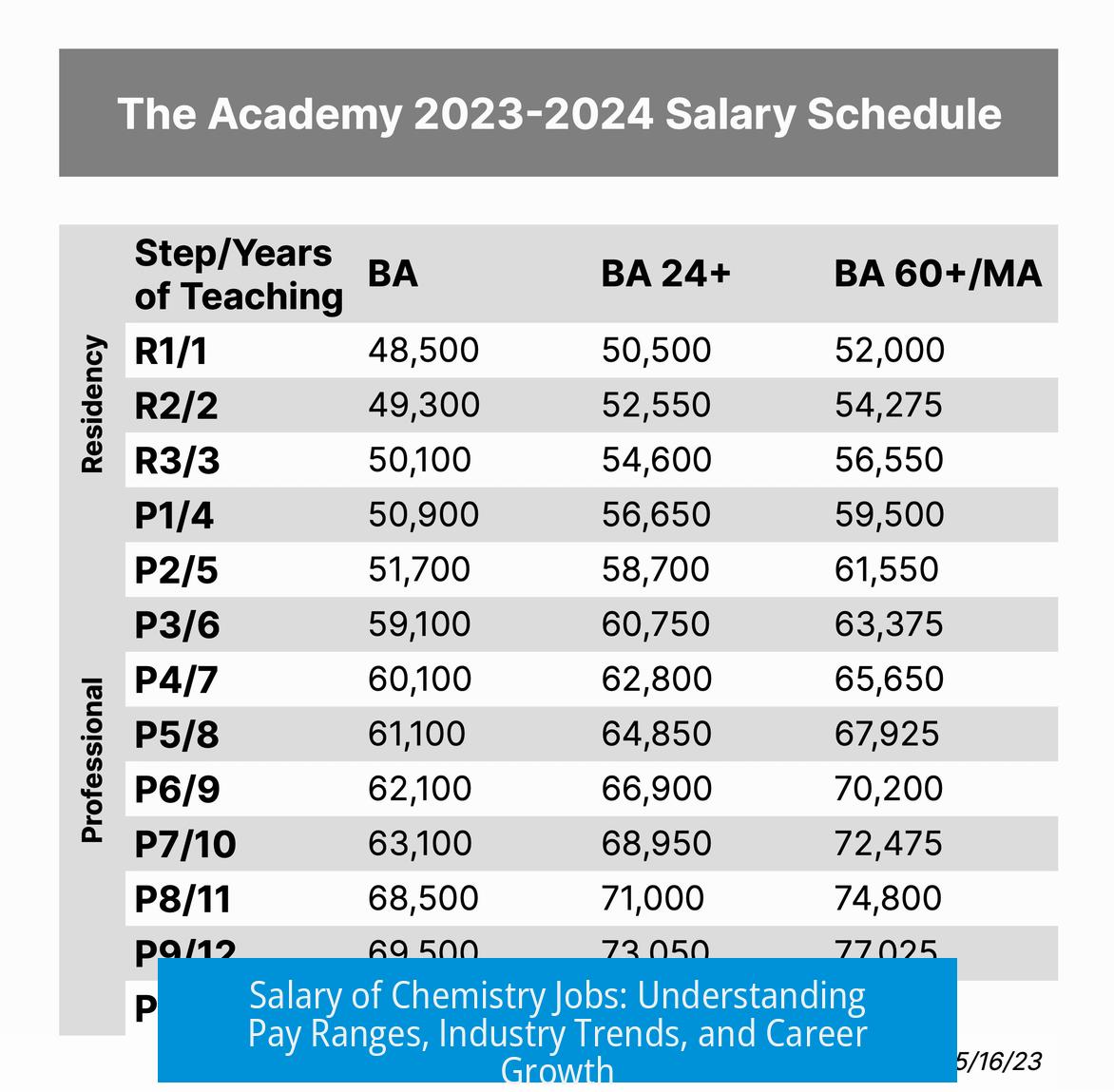
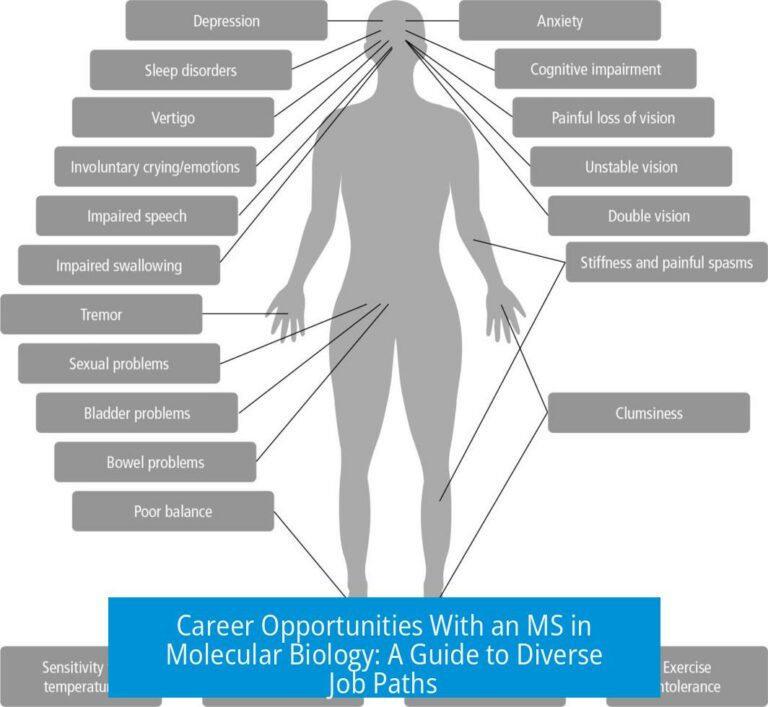
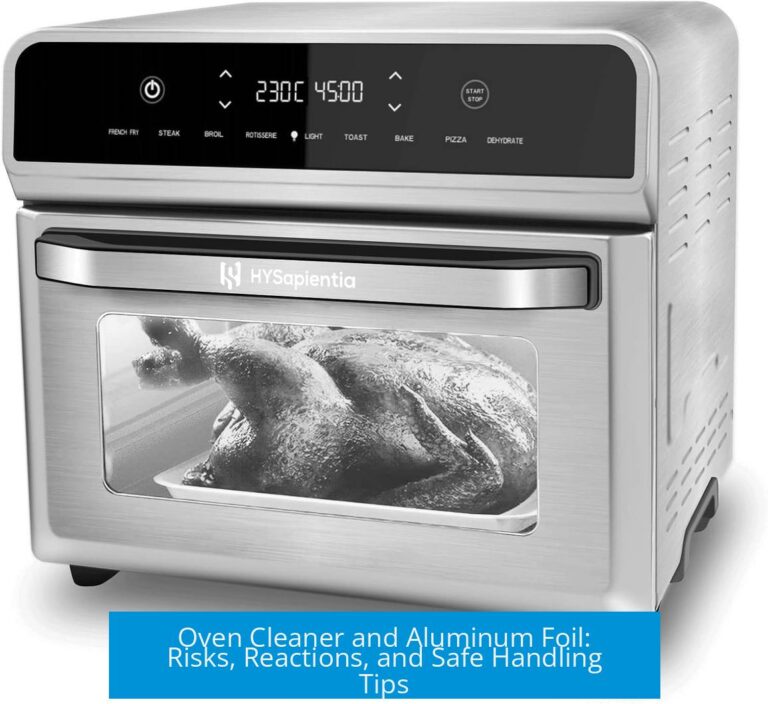
Leave a Comment